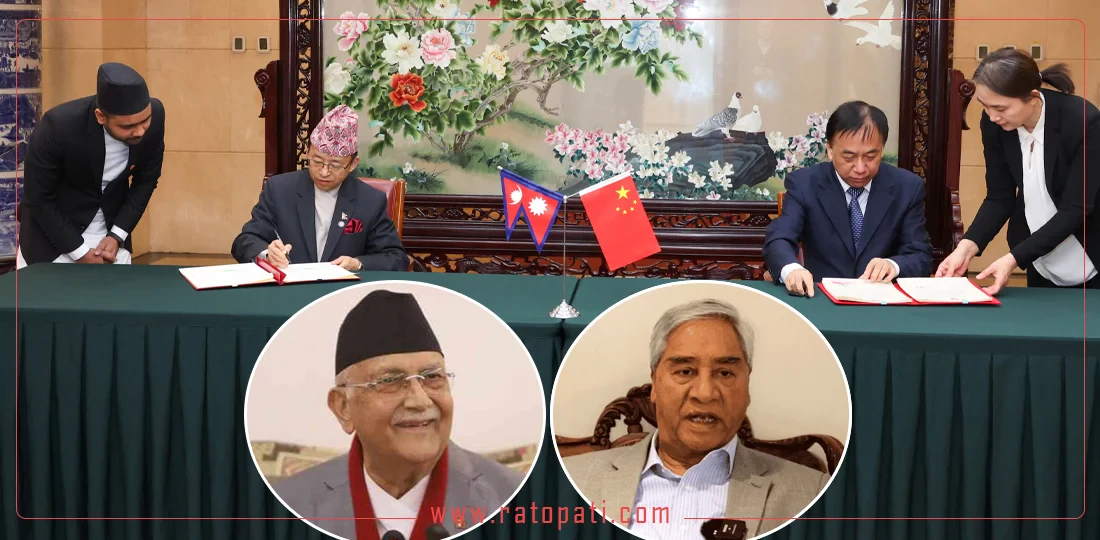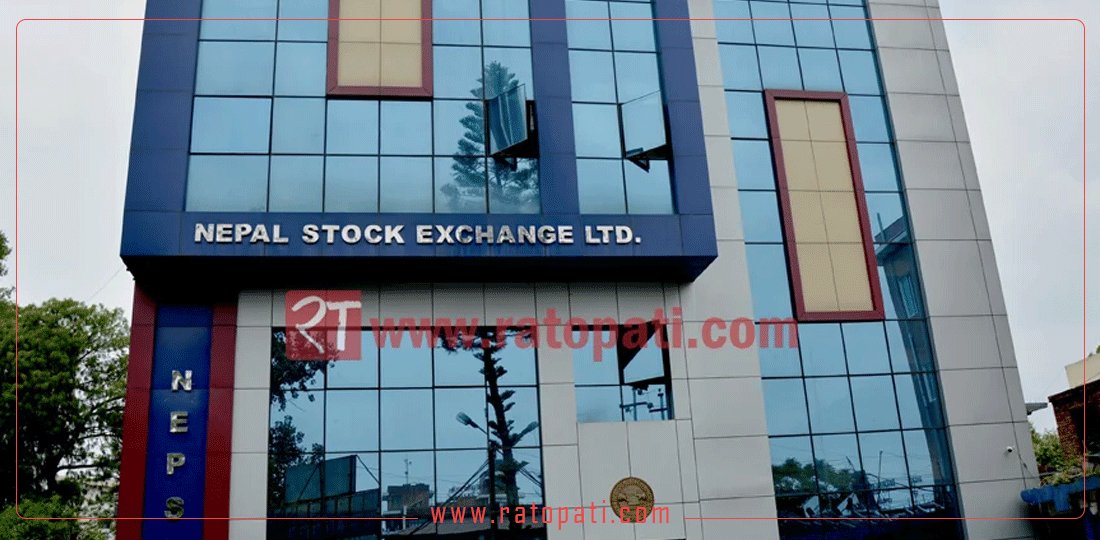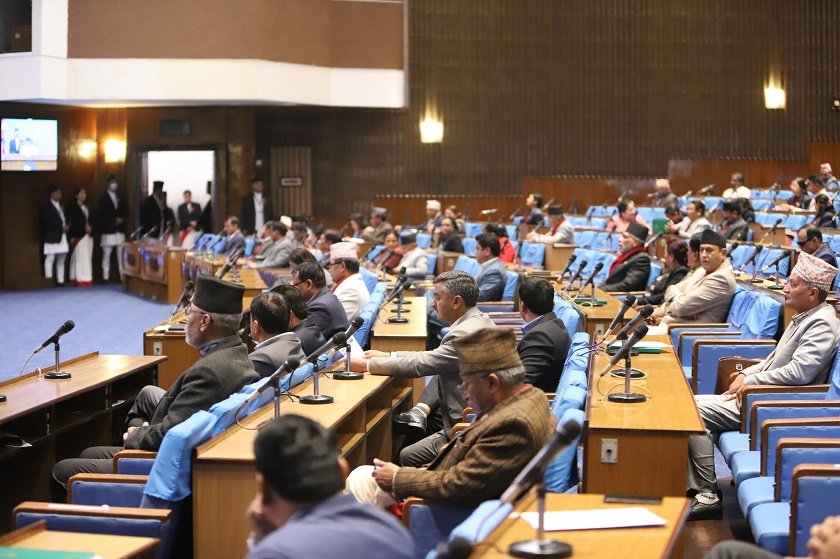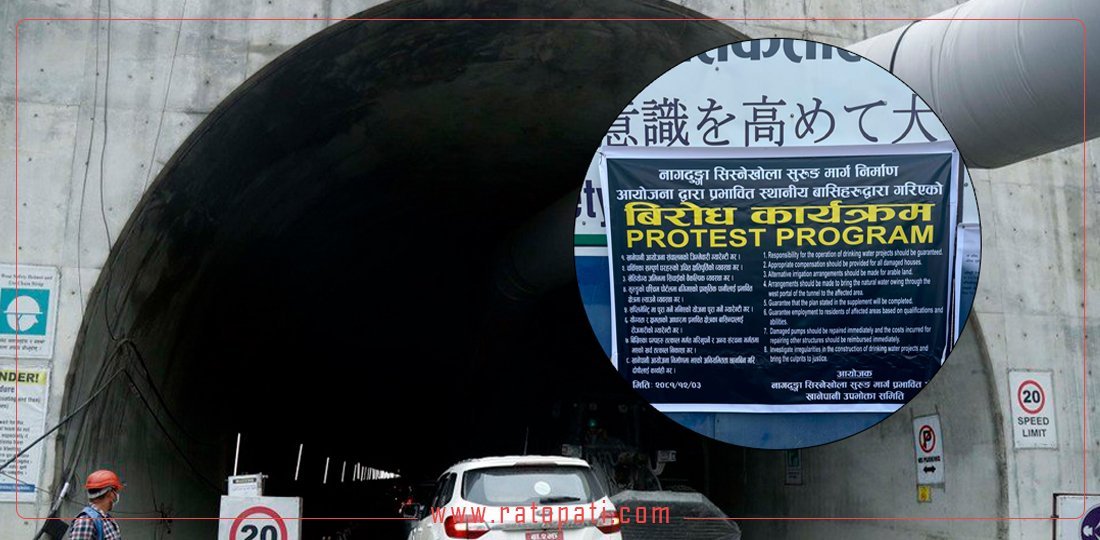Ruling coalition faces tensions as BRI deal raises questions on loan acceptance

Kathmandu, December 6 — Nepal and China have officially signed the "Belt and Road Cooperation Framework," with the ruling Communist Party of Nepal (UML) expressing enthusiasm.
However, there is growing uncertainty within the Nepali Congress (NC), another partner in the ruling coalition, following modifications to the agreement's language, especially around the issue of loans and grants.
The confusion stems from changes made to the agreement during Prime Minister KP Sharma Oli's visit to Beijing, which involved language amendments regarding the financing model of the BRI projects.
While the Nepali Congress had previously decided to accept grants but reject loans, the final agreement includes terms like “aid financing modality,” which could imply both loans and grants. This has led to dissatisfaction among NC leaders, who are demanding a clearer understanding of the terms before making an official stance.
Nepali Congress Vice President Purna Bahadur Khadka mentioned that the party would issue a detailed position after internal discussions and a formal meeting. The matter is expected to be discussed in a party meeting on December 9. He emphasized that the party would adopt an institutional approach rather than individual opinions in determining its stance.
UML leaders, including Senior Vice President Ishwar Pokharel, defended the agreement, stating that it was reached in consensus with the NC. They argue that the agreement is a milestone and that any internal disagreements within the NC would not affect the stability of the ruling coalition.
Despite the mixed reactions, some NC leaders, like Dr. Prakash Sharan Mahat, have expressed concerns about the lack of detailed discussions and the possible implications of the loan-related terms.
Nonetheless, UML leaders, including Rajan Bhattarai, downplayed any potential impact on the coalition, insisting that the agreement was made in consultation with all parties involved. They also reiterated that Nepal is not prioritizing loans but will discuss the terms on a project-by-project basis in the future.
The issue highlights the ongoing tensions within Nepal’s ruling coalition regarding foreign agreements, particularly on large infrastructure projects like BRI, with a strong emphasis on whether Nepal should accept loans or stick to grants.








Leave Comment